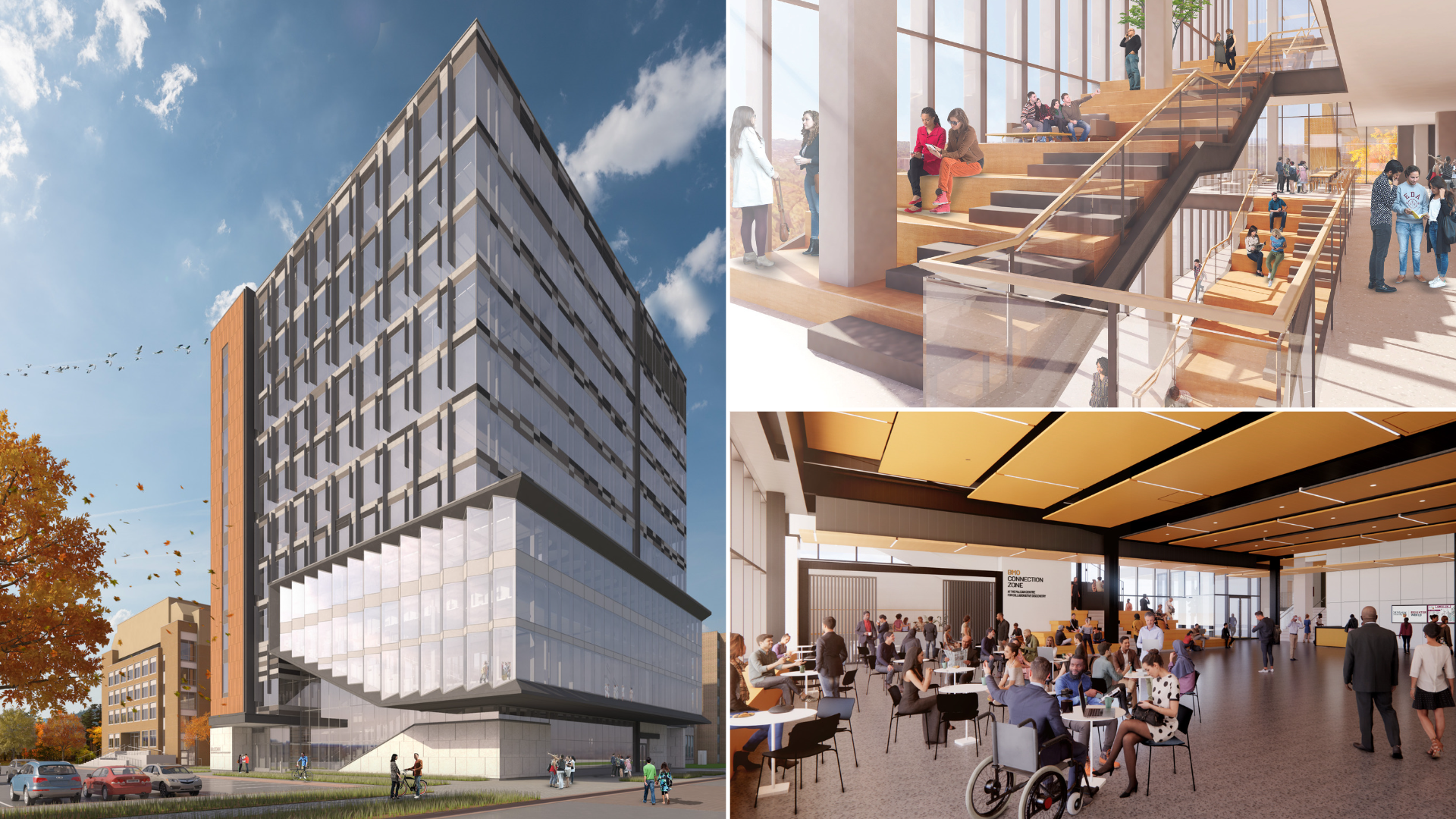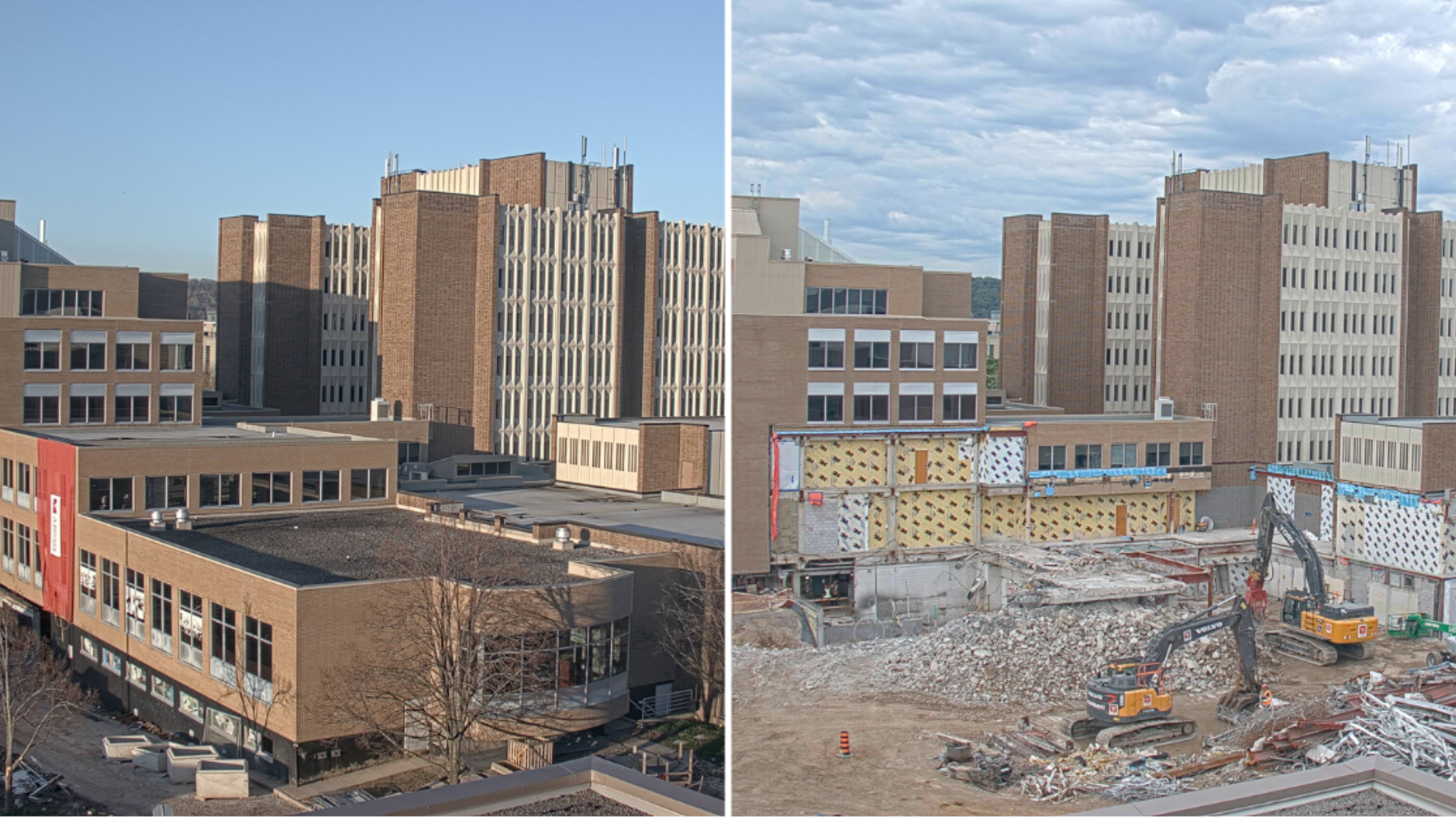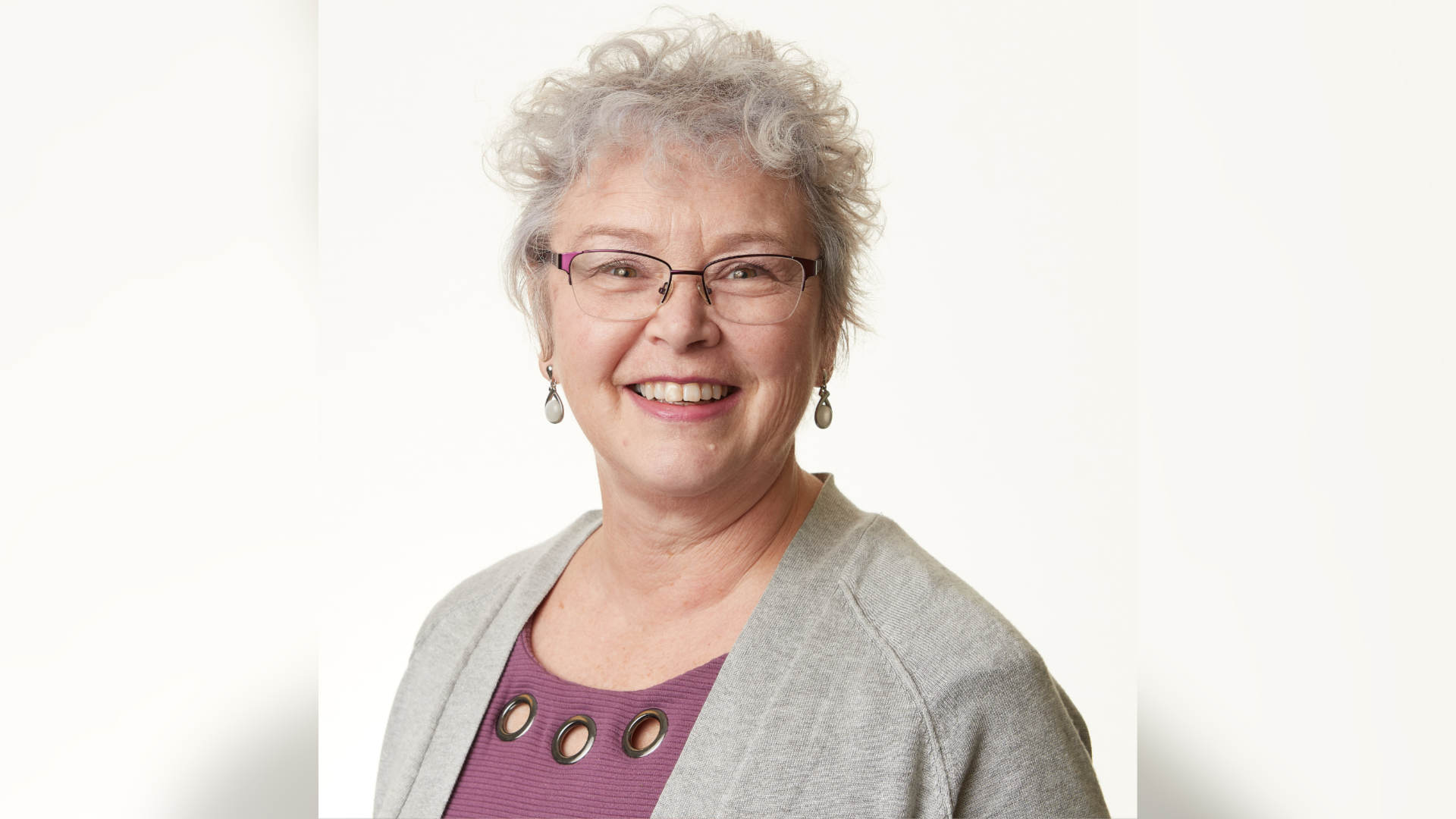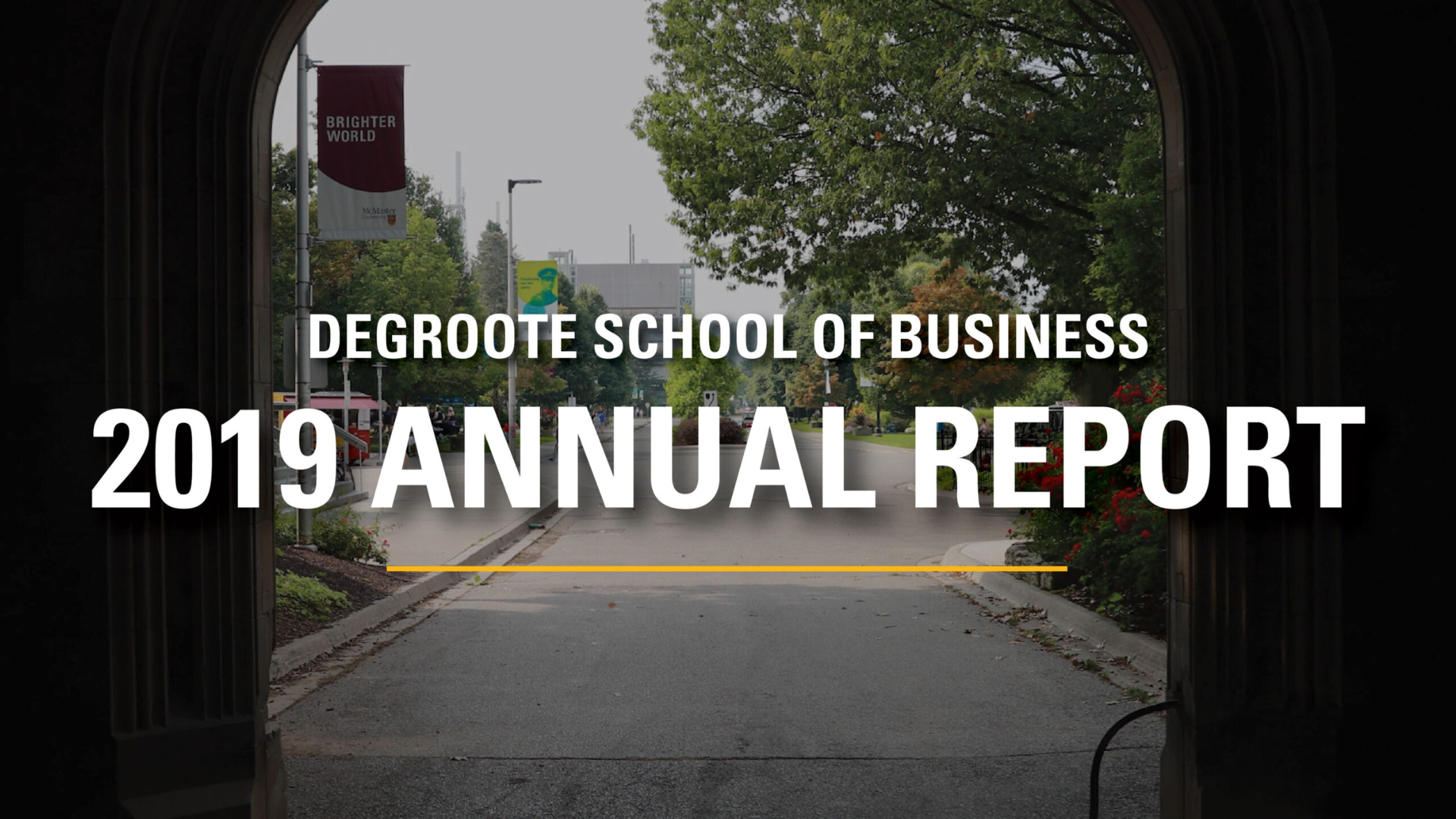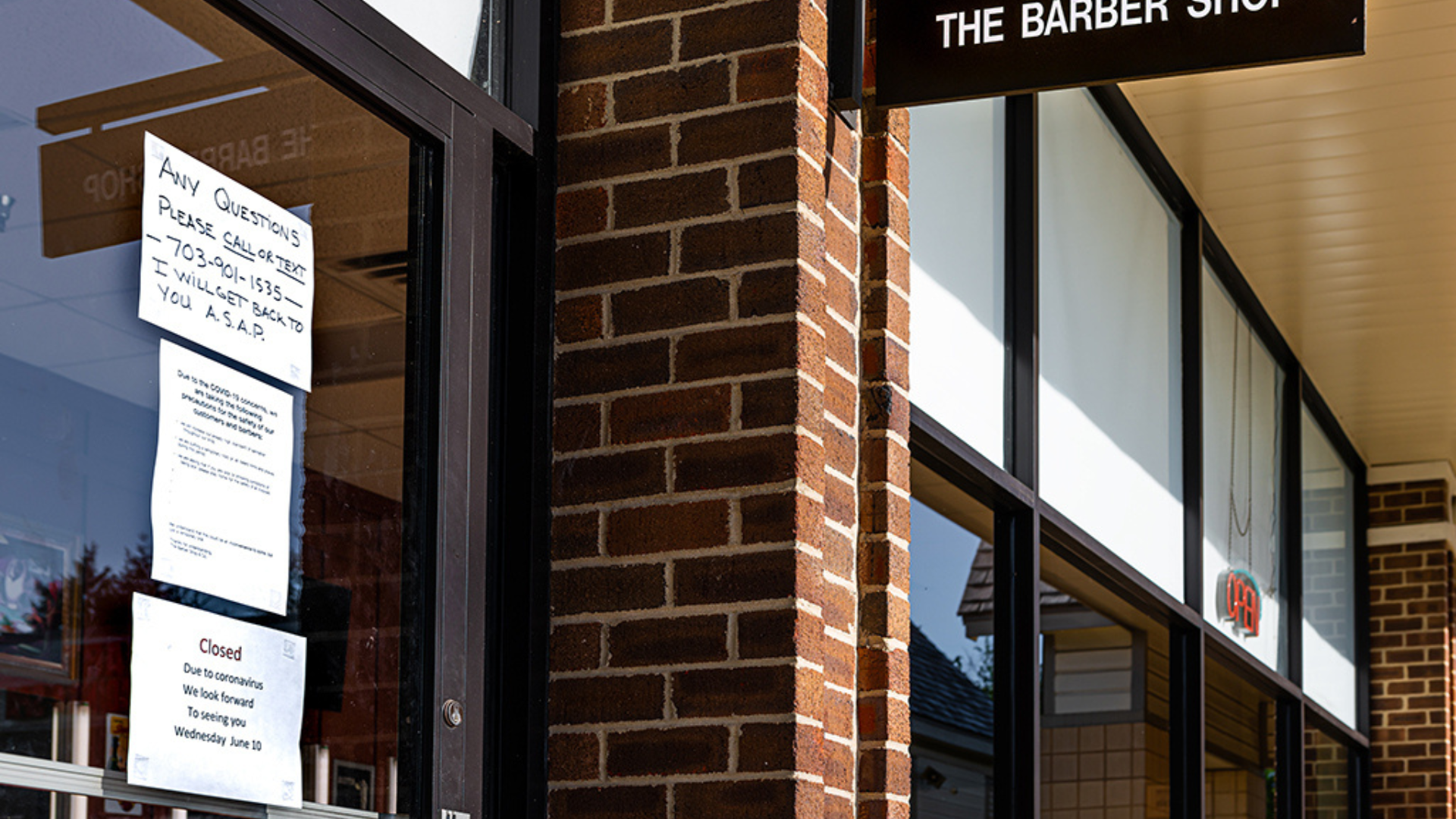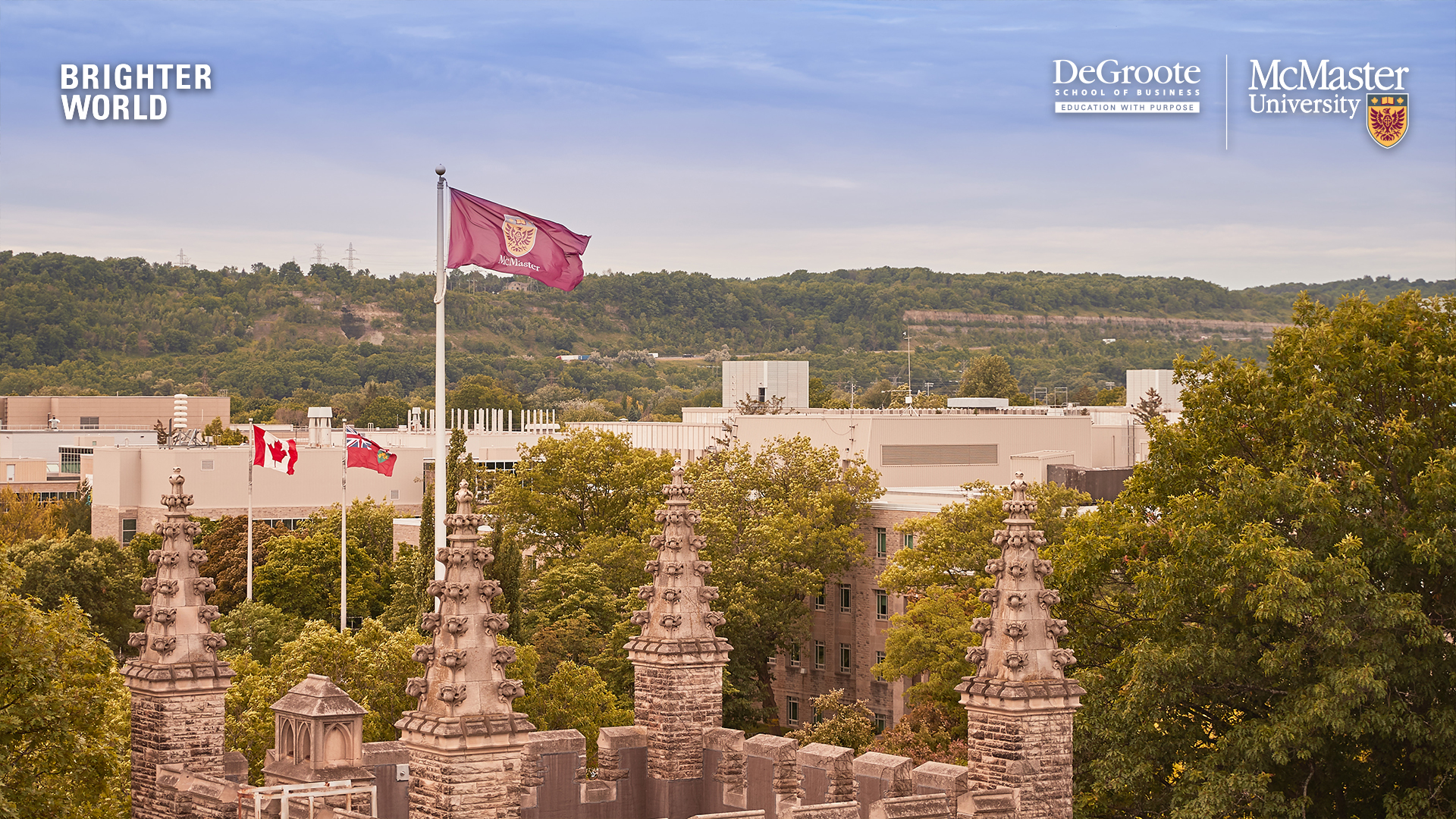Waverman and Puri: How the university can save itself – from itself
April 27, 2019 ·
Contributed by: Len Waverman, Dean, DeGroote School of Business and Ishwar Puri, Dean, Faculty of Engineering
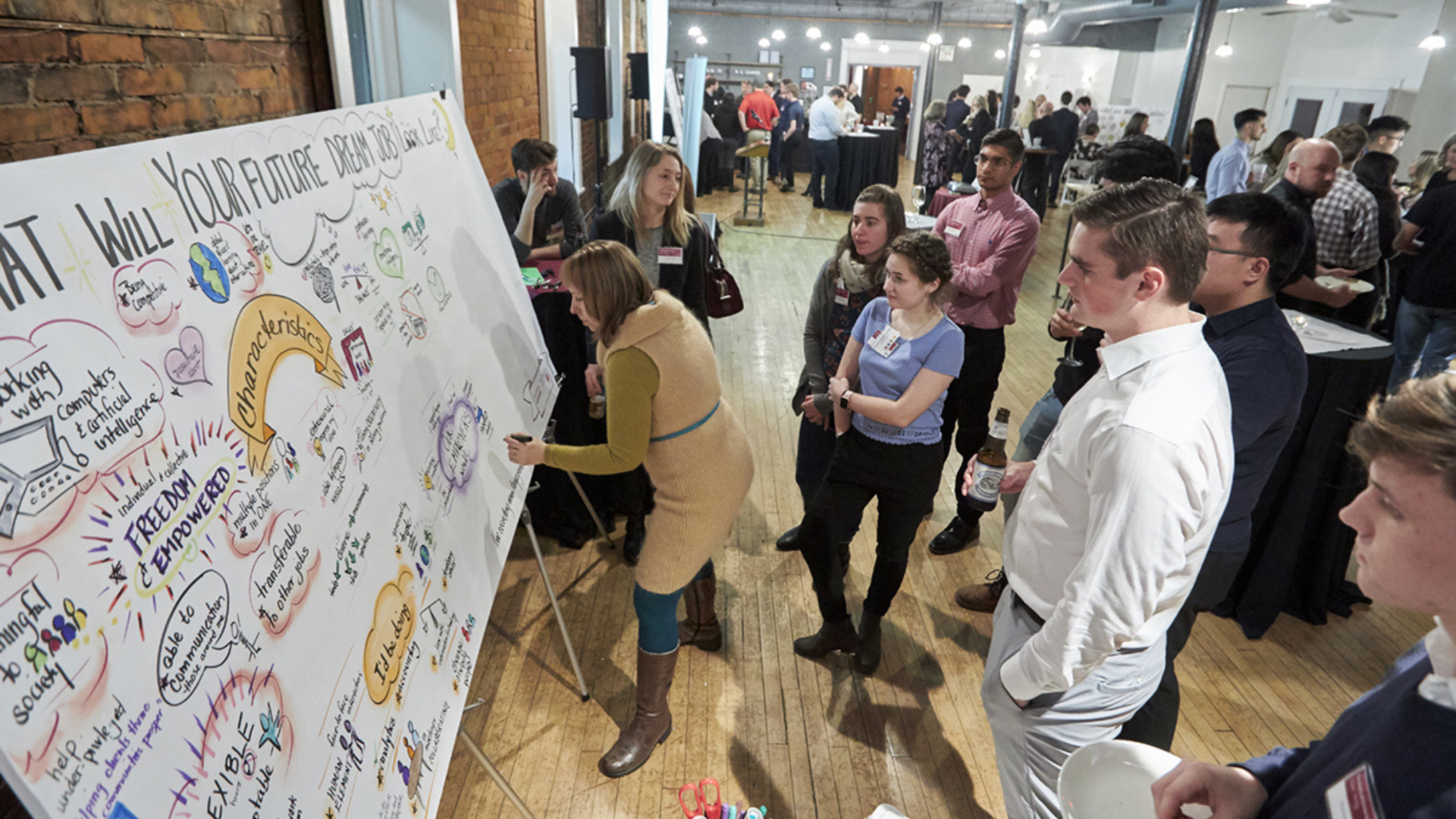
More and more, as students move through their final year, “courses” will be a series of problems to be solved in cross-disciplinary teams through interaction, not one-way monologues by an instructor, write Waverman and Puri.
The following was originally published in The Globe and Mail on Saturday, April 27:
The undergraduate classroom of the future won’t be a classroom at all but a small studio with a table, a few chairs and a comfy couch. The decor will be like a “modern startup,” replete with white boards, Post-it notes, diagrams and pizza boxes from last night’s brainstorming session. Students will cluster about, a diverse grouping from across the university – perhaps a music student, an Indigenous studies major, an aspiring civil engineer and a future corporate auditor.
Their purpose will be to find a solution to a knotty problem: a water project for a community in northern Saskatchewan or a transportation system for a Southern Ontario city. There will be an instructor, but one who is acting as a resource and mentor – not the traditional sage on a stage but a guide on the side, assisting students in their interactive search for solutions.
Students will not experience traditional lecture halls, elevated podiums or classrooms. Required courses will be cut to a minimum. The old chalk-and-talk approach to learning will be put out to pasture and the numbing amount of Powerpoint slides reduced to a minimum.
More and more, as students move through their final year, “courses” will be a series of problems to be solved in cross-disciplinary teams through interaction, not one-way monologues by an instructor.
This scenario highlights a self-disruption that will shake the university to its core, but ultimately defend it from irrelevance. We are academic leaders at a major Canadian university and we see the beginning of this revolution that can save the university from itself. We see the flowering of innovation everywhere, but we have to push harder if we are to make a successful transition to the new model of learning.
If we do not disrupt the university from the inside, the disruption will come from outside – from technology, other educational programs, employers and even the students themselves, our most important constituency.
Yet we still see too much of what Sir Ken Robinson, the British education visionary, calls the industrial model of education, a mass teaching of often staggering content with no sense of how to apply it to personal growth and human interaction. This model treats students like machines passing through an assembly line, with quality-control gauges in the form of exams and marks. Put another way, the modern university puts students in an education box and keeps adding things until the box is neatly packaged and tied up at the end and ready for the job market. Except the students aren’t really ready. They are often turned off, disengaged, and absent from classes that only repeat information available online. They are left ill-prepared for their working lives, which will increasingly reward personal and creative skills ahead of narrow technical skills that can be replicated by an algorithm or a robot.
Instead of just job-ready skills that are marketable in the short term, the university should also provide attributes that can carry through a lifetime – leadership, creativity, innovation and collaboration. Why? Innovators in the corporate world are moving toward self-organizing teams of diverse talents, from across an organization or among organizations. The working world is in aching need of leaders to pull together disparate skill sets, and together find solutions.
Students will still be expected to learn fundamental skills and knowledge – in chemical engineering or corporate finance, for example – and to qualify for professional credentials. But there are many ways to deliver this foundation, including online courses, websites, blogs and games, that can be more efficient than the classic classroom.
We are confident that fundamental skills can and will be learned. If a student needs to know calculus, she can learn calculus. If he needs finance, he will get finance. If they need knowledge about health-care economics, they will find it – and in the studio, they will put these disciplines to work creatively.
The mastery of a specialization is still important, but we worry about super-specialization, whereby students become focused entirely on a narrow discipline and ignore the collaborative and interpersonal skills that can bring these specialties to life in a work or community environment.
The more specialized the skill, the more risk of being rendered irrelevant by a future algorithm that can replicate the processes in the specialist’s head. But human skills of integration and creativity are still beyond the reach of machines.
Data on salary do show that narrower specialist degrees earn higher initial incomes than liberal arts or more general degrees. But after half a dozen years into careers, the salary differential is eroded. This happens because job-specific skills erode over time as the discipline itself changes, while skills obtained through problem-based learning do not erode as significantly.
With new artificial-intelligence applications, graduates will be valued less for specific disciplinary skills in, say, metallurgy or structured finance instruments and more for their creativity, teamwork and leadership. This is the wake-up call for university teaching and learning.
Today’s university students must be engaged in different ways. In seeking to solve real-world problems, they will experiment over and over again before hitting on solutions. But they will not “fail.” This terminology suggests a final outcome that can be fatal. There is no failure in a world of problem-solving and experimentation as we move toward the joy and satisfaction of discovery.
The competitive advantage of the university or college is its diversity of thought under one roof – you get the medieval panorama of Chaucer, the richness of Indigenous studies, the intricacies of venture funding and quantum physics, and the potential for putting young minds together. No other institution offers such a powerful preparation for life. We have to flex this muscle of diverse thought by breaking down barriers between disciplines and faculties.
A great Canadian sage once spoke of the need to skate to where the puck is going to be. The puck – in business and society – is moving toward human flexibility and interdisciplinary approaches. That is where the Canadian university is uniquely placed to deliver meaning and value – if it can create its own self-disruption.

